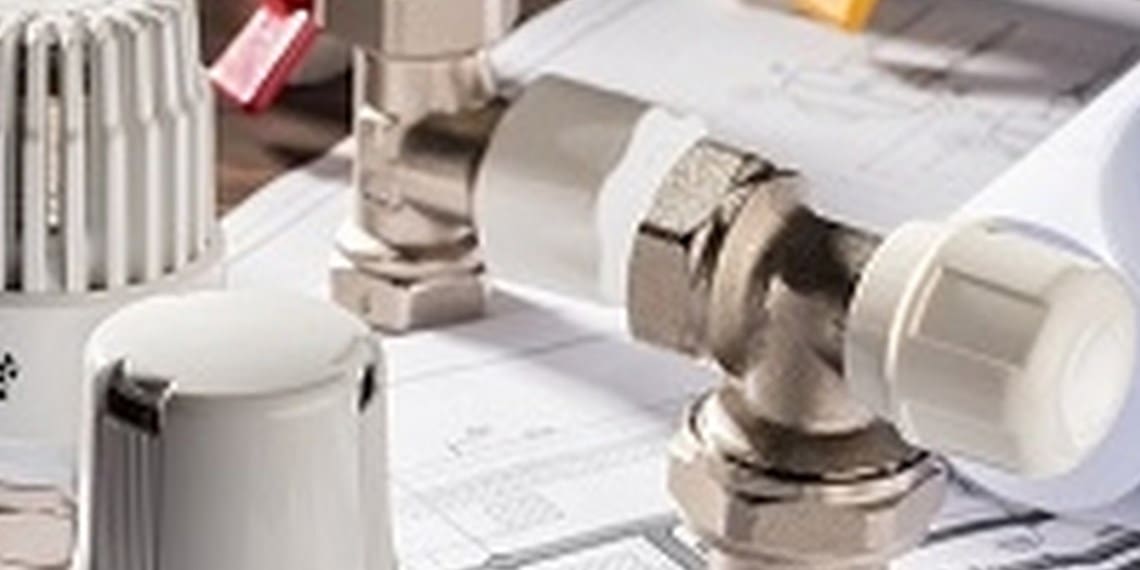There are plenty of different ways that you can cut your energy costs and reduce the amount you are paying overall.
Simply switching suppliers is one of the most effective ways and this could cut your energy costs by saving up to £290 on average.
Of course, this isn’t always possible if you have signed up to a fixed term in order to get a good rate on your energy. But there are plenty of other ways that you can cut the cost of your energy in your home that we will discuss in our guide. Research suggests that a large number of people haven’t done anything to improve their energy costs in their home. Our guide helps you with some easy to follow tips and tricks that could help you save money. Our guide includes;
- 1. Switching Providers
- 2. Use Heating Effectively
- 3. Insulation
- 4. Draught Excluders
- 5. Replace Lightbulbs
By following some of our cost-effective ways to cut your energy costs below, you could end up massively reducing your energy bills each year and using that money for other purposes. Take a look at our guide and find out how you could quickly be saving hundreds each year.
- Switching Providers
One of the most straightforward ways that you can save money on your energy bills if you have not signed up to a fixed period is to switch providers. In a recent survey by OFGEM, it highlighted that 60% of people couldn’t remember the last time they switched suppliers. Switching can actually be much easier than you think these days and there are plenty of companies that will do the work for you. This guide from uSwitch can help you understand how easy it can be to switch energy suppliers. You could stand to save up to £290 a year just by switching.
- Use Heating Effectively
Another major way to save on your energy bills is to make sure that you are heating your home effectively and only targeting your energy use to the rooms you live in. Many people heat all of the rooms in their home when they turn the heating on, which is not effective as you can only be in one room at any time. You shouldn’t have the heating on throughout the night or when you are not in your home either as this will massively reduce your energy bill. All of these tips can be put in place by having timers and thermostatic valves on your radiators. A simple reduction of 1ºC on your heating could save £75 a year, with more saving possible.
- Insulation
Something that people don’t often consider is how much insulation they have in their loft and whether this could help to reduce their energy bills. Many homes have the standard amount of loft insulation at 120mm but it is worth checking how much you have and upgrading to the recommended 270mm where possible. This is fairly low cost and you could add more loft insulation over time rather than in one hit to spread the cost. Cavity wall insulation is another way to potentially save but it can have its drawbacks. Poor or unsuitable installation can lead to problems of mould or damp so make sure you investigate whether your home is suitable. With 270mm of insulation from 120mm, you could save £130 a year.
- Block Out Draughts
You will no doubt be losing huge amounts of heat from your home through draughts and gaps around doors and windows. This is no doubt one of the cheapest ways to reduce your energy bills as blocking out draughts will leave your home feeling warmer for longer and reduce your need to heat the home. You should start by focusing on all the windows in your home and any external doors, as not only is heat escaping but cold air is also getting into your home this way. There are a number of different methods but draught excluding tape can be the quickest and most cost-effective. This is placed between the window or door and frame to stop air escaping. It can also be worth blocking gaps under the door in spaces like the living room so that you keep the heat in. This simple change could save upwards of £20 a year.
- Replace Lightbulbs
This is another quick fix that can help you save money on your energy bills without costing you too much up front. Many people are still using the old style incandescent lightbulbs but this isn’t very energy efficient and they don’t usually last very long either. A traditional lightbulb will only last for around 2 years and often costs around £10 a year. Whereas LED lightbulbs last for up to 25 years and only cost £2 a year on your energy bills. Switching out 10 bulbs in your home can, therefore, save you on average around £80 a year. LED bulbs are generally a little more expensive to buy which is why people opt for the old bulbs, but it’s well worth the investment in the long term.
Conclusion
All of these energy saving tips are easy to put into place and could help you to save a lot of money in the long term. You don’t need any professional help to install our money saving tips and it could end up saving a total of at least £595 every year and possibly even more. Larger changes such as a new boiler or switching to energy saving appliances can help too but are costly to install.



 Previous story
Previous story